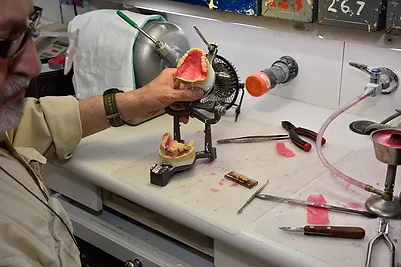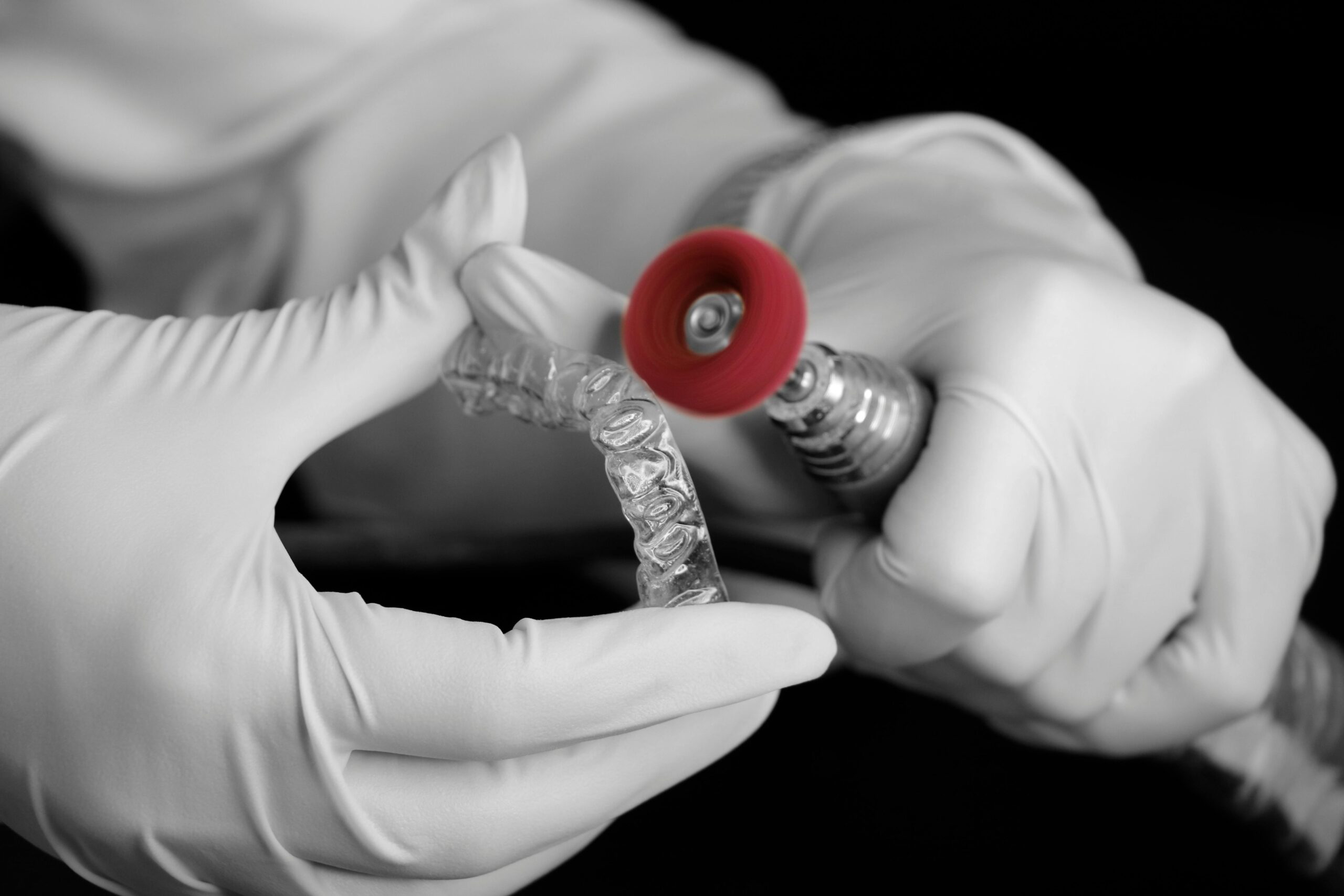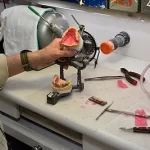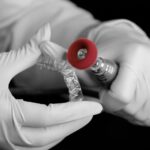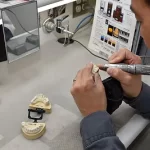Choosing the right dental laboratory is crucial for ensuring high-quality dental restorations, efficient workflow, and patient satisfaction. Here are key factors to consider when selecting a dental laboratory for your practice:
1. Quality of Work
Consistent Results:
Look for a lab that consistently delivers high-quality work. Check for reviews, testimonials, and sample cases to gauge their expertise.
Material Standards:
Ensure the lab uses high-quality materials that meet industry standards and regulations. This impacts the durability and biocompatibility of the restorations.
2. Range of Services
Comprehensive Offerings:
Choose a lab that offers a wide range of services, including crowns, bridges, dentures, implants, and orthodontic appliances. This allows you to streamline your workflow with a single lab.
Specializations:
If your practice has specific needs, such as cosmetic dentistry or complex restorations, ensure the lab specializes in those areas.
3. Technology and Innovation
Modern Equipment:
A lab that uses advanced technology, such as CAD/CAM systems and 3D printing, can provide more precise and efficient restorations.
Staying Updated:
Ensure the lab stays updated with the latest industry advancements and continuously improves its techniques and materials.
4. Turnaround Time
Efficiency:
Fast and reliable turnaround times are essential to keep your practice running smoothly and avoid long waiting periods for patients.
Rush Services:
Check if the lab offers rush services for urgent cases and how they manage expedited requests without compromising quality.
5. Communication and Collaboration
Responsive Communication:
Choose a lab that is easy to communicate with and responds promptly to inquiries and concerns. Good communication ensures that any issues are quickly addressed.
Collaborative Approach:
A lab that values collaboration with dentists can help achieve better outcomes. They should be open to discussing cases, providing suggestions, and accommodating specific preferences.
6. Customization and Personalization
Tailored Solutions:
The ability to customize restorations to meet the unique needs of each patient is crucial. Look for a lab that offers personalized solutions rather than a one-size-fits-all approach.
Attention to Detail:
A lab that pays attention to the finer details can create restorations that blend seamlessly with natural teeth, enhancing both aesthetics and function.
7. Cost and Value
Transparent Pricing:
Ensure the lab provides clear and transparent pricing. Understand what is included in their fees and if there are any additional costs for specific services.
Value for Money:
While cost is important, it should not be the sole deciding factor. Focus on the value provided, balancing quality, service, and price.
8. Reputation and Credentials
Industry Certifications:
Look for labs that hold relevant certifications and accreditations, such as those from the National Association of Dental Laboratories (NADL) or the American Dental Association (ADA).
Reputation:
Research the lab’s reputation within the industry. A lab with a strong track record of satisfied clients is more likely to deliver reliable results.
9. Geographic Location
Proximity:
A lab located near your practice can simplify logistics and reduce shipping times. However, with modern technology, many practices successfully work with labs remotely.
Shipping and Handling:
If choosing a distant lab, ensure they have reliable shipping methods and can securely handle the transport of dental impressions and restorations.
10. Support and Training
Educational Resources:
A good lab often provides training and support to help dental practices stay updated on new techniques and materials.
Customer Support:
Assess the level of customer support offered. A lab that provides strong support can help resolve issues quickly and enhance the overall collaboration.
Conclusion
Selecting the right dental laboratory is a critical decision that impacts the quality of care you provide to your patients. By considering these factors and conducting thorough research, you can find a lab that aligns with your practice’s needs and goals, ensuring successful and satisfactory dental restorations.

